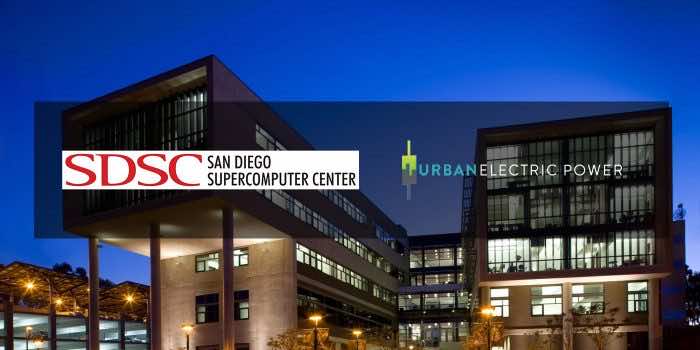Following the ecological footsteps of contributing to the green and sustainable environment, Urban Electric Power has reported that it is going to substitute its 20,000 pounds of lead-acid batteries with ecologically sound and rechargeable alkaline batteries. These batteries are deployed at the San Diego Supercomputer Centre (SDSC) for their functioning. As of now, with the inauguration of this technology, the auxiliary data bank will now obtain its backup facilities from the highly developed energy system, encompassing the notion of green and rechargeable alkaline batteries. Moreover, being a “greener” evolution, this technological advancement is also fire resistant, as it does not contain any deadly and lethal chemicals that were present in lead-acid batteries, which have the potential to ignite a fire.

“A large number of our racks have just standard lead-acid UPS coverage, which would last 27 minutes in the event of a power failure. Some of our data centers are exclusively powered by on-site generators and shut down promptly when the power goes off. The Urban Electric Power technology is revolutionary. We can now provide our UPS clients with hours of power rather than minutes, and we want to expand battery backup to those on street power in our next installation phase. SDSC is the world’s first enterprise application of this innovative rechargeable battery technology, and our collaboration with Urban Electric Power has reduced our computing footprint,” said Kirkpatrick, division director of SDSC’s Research Data Services and secretary-general of the International Science Council’s Committee on Data (CODATA).

Lead-acid batteries always pose a threat of deadly emissions which are harmful to human beings as well as other living beings, if they are not being disposed of carefully. According to the statistics of the United Nations Environment Program (UNEP), lead-acid batteries constitute the lion’s share and these are the main reason behind the production of 86% of lead-related compounds. Another significant aspect of rechargeable alkaline batteries is that the manufacturing process of these batteries is cost-efficient, meaning thereby, they cost about less than half of the fabrication of lithium-ion batteries which is commendable from an economic aspect.

Notably, during the initial phases of induction of the alkaline batteries, about 5200 individual alkaline cells were utilized which consequently reserves around 1-megawatt hour of electricity. According to Christine Kirkpatrick; “This project has revolutionized our data center’s resiliency approach”.


